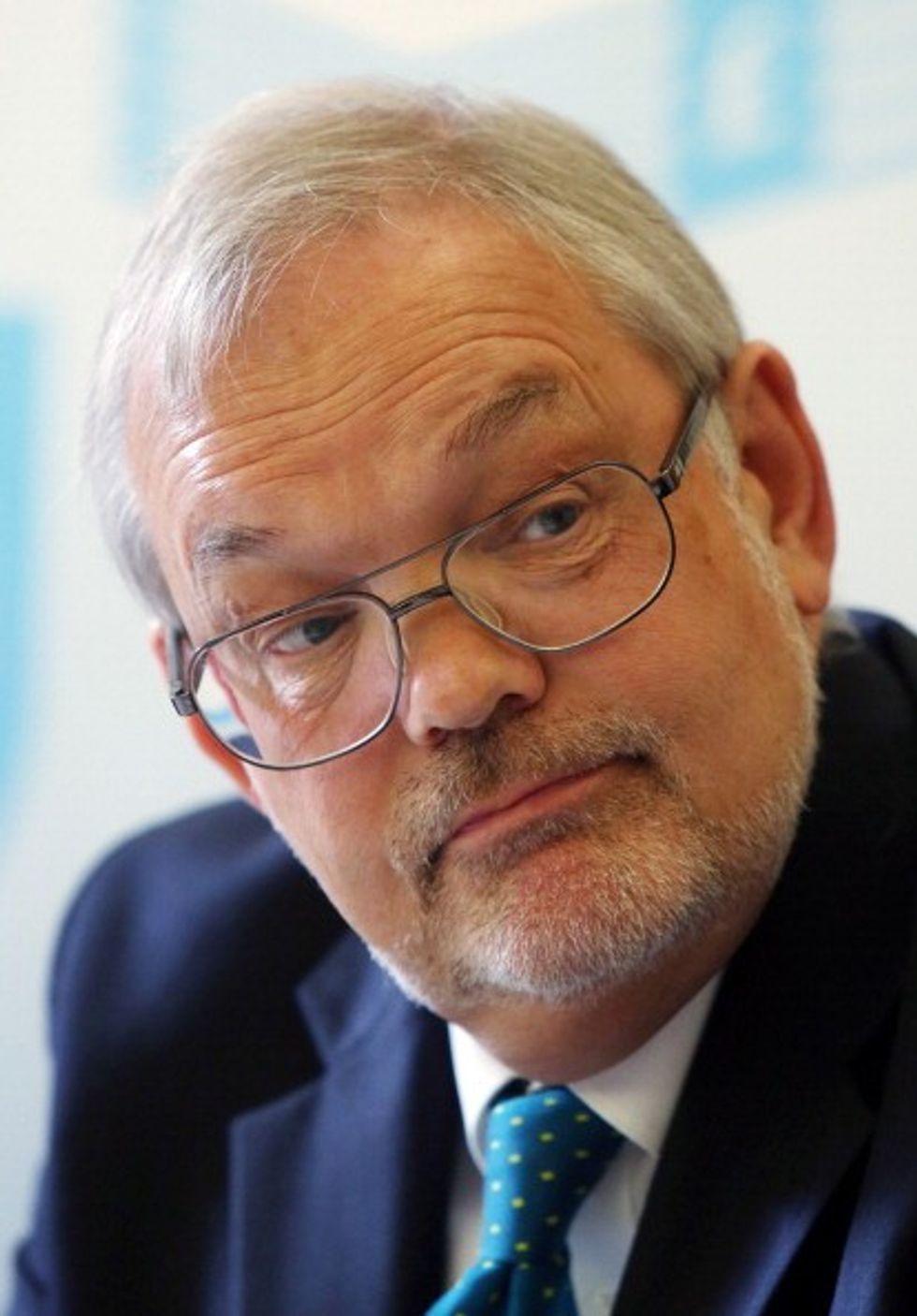Growth in household incomes, after taking account of inflation, would effectively stall over the next two years, claimed a leading economics watchdog today (2), suggesting British households will remain worse off than before the pandemic until 2023.
The claim is made by Charlie Bean, a former Bank of England deputy governor and board member of the Office for Budget Responsibility, saying that growth in household incomes, after taking account of inflation, would effectively stall over a couple of years.

“We don’t have real household disposable income getting above pre-pandemic levels until the back end of 2023, and it’s growing at a pretty mediocre rate from then on,” Bean said answering questions from MPs on the Treasury committee today (2).
The OBR that came alongside last week’s budget announcement by Sunak also has highlighted how inflation would weigh down household incomes over the next two years, before rising by just 1.3 per cent a year on average by the middle of the decade.
Reacting to Bean’s claims, Sunak later told the MPs on the committee that he was taking action to protect low-paid workers amid the living standards squeeze. However, he admitted it would take time to have an impact on real-terms wages.
“Is it going to happen overnight? Of course these things don’t happen overnight. But we’re putting in place all the things that are required for there to be better wage increases for people over time,” he said.
He added that raising the national living wage, cutting the universal credit taper rate, and investing in training and education schemes and other public services would help those on low incomes.
Bean’s declaration comes a week after the warning by Institute for Fiscal Studies saying that Britain was set for the worst wage squeeze in modern history, with the average worker on course to be £13,000 a year worse off by the middle 2020s than they would have been if wages had risen at pre-2008 financial crisis rates.






